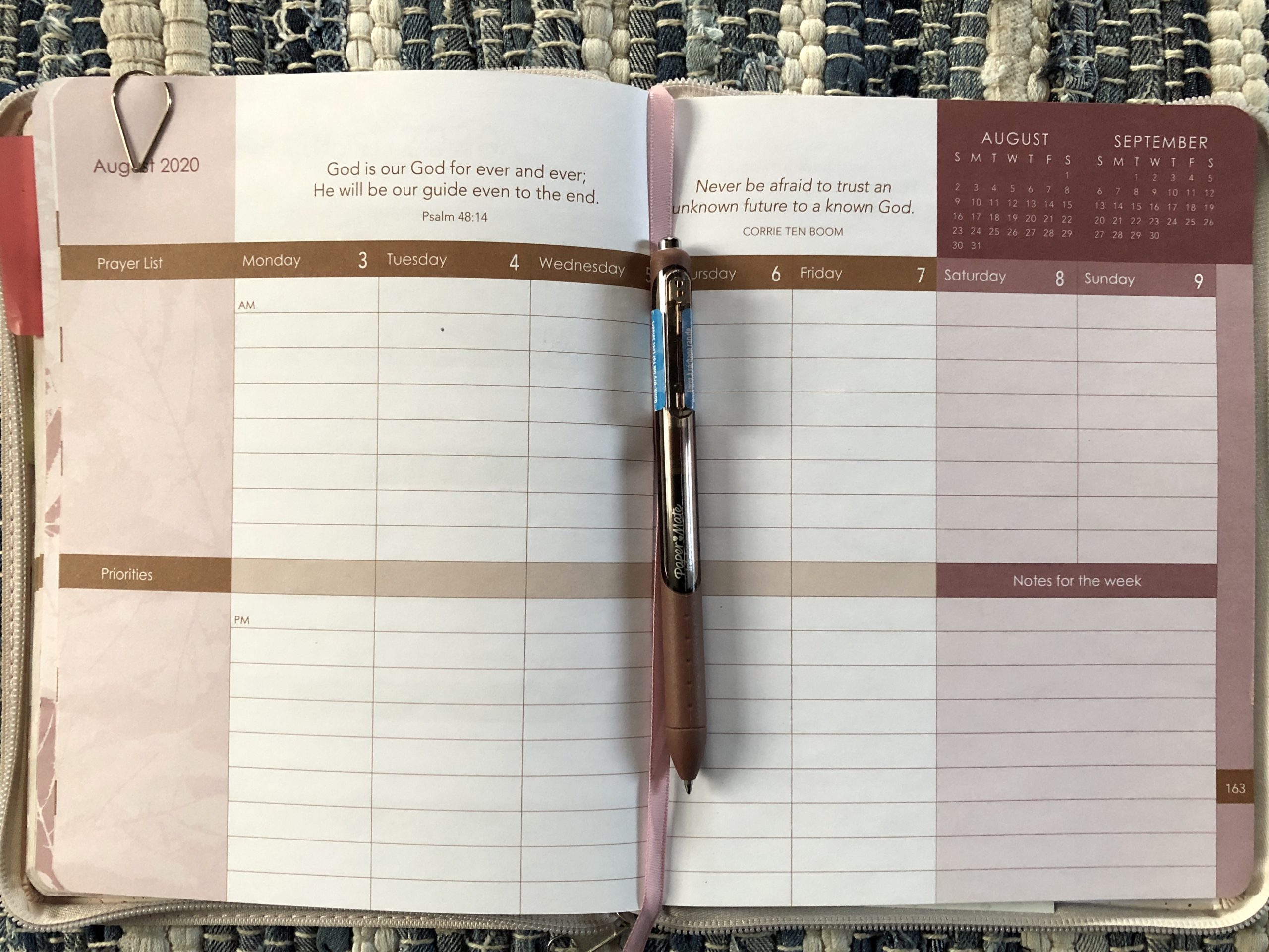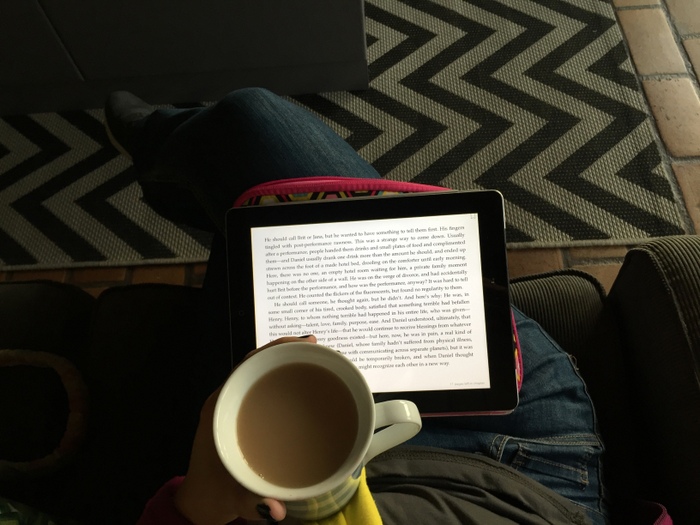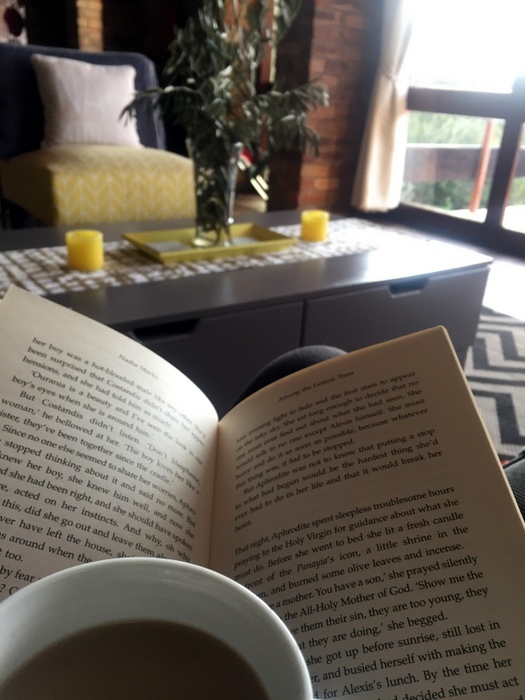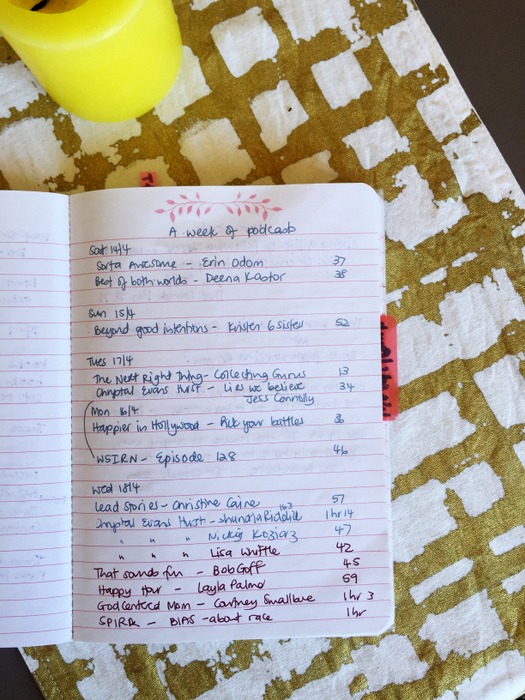
Pretty work notebook (use your nice stuff !)
It’s important to me to regularly take stock so that I remain intentional about the choices I make around how to spend my time.
In Marie Kondo’s book, The Life-Changing Magic of Tidying Up (you can read about the physical aspects of tidying by clicking the button on the sidebar —–>>), she says that once your physical space is tidied, you start thinking through bigger issues in your life.
I found this true for me too as in 2014 I completed my tidying journey and after it was done, I started a new job and in 2015 I had a really transformative personal year, the year of enough.
Once you complete your physical spaces, you’ve trained your mind so you start thinking about each part of your life and whether it still sparks joy.
Today I’d like to talk more about sparking joy with your time.

Book club
At Work
Think about the various parts of your workday/ week/ month/ quarter/ year. Which parts spark joy and which don’t?
I remember when I first did this exercise and noted down that there was a part of my job that I hated. When I drilled down and asked why, it was because of the type of client and the type of work I was doing for that client. Now the client wasn’t going anywhere and neither was I, so I had a conversation with this client where we brainstormed how we could change things for the better. Another meeting or two and while things weren’t sparking joy, there was no longer the extreme dread and boredom.
Now let’s talk about sparking joy.

I was writing a blog post/ newsletter here
Which parts of your work spark joy? Sometimes we don’t get to do these parts as often as we’d like but if we have the awareness, we can start to create time to do more of what brings us joy.
I identified that for me, I need to feel like I’m contributing by being creative with products, solutions, etc. but not by myself, in collaboration with my clients. A good day will have at least one such interaction so I try and arrange my week so I have multiple days of collaborating with clients because those sessions energise me most.
Over to you.
What sparks joy for you at work? What drains you at work? How can you add more of the first and reduce the second?
In your personal life
What sparks joy with your personal time?
I’ve heard from so many people during the pandemic that they will not be automatically signing up their kids to so many activities once life returns to normal. It turns out that rushing from one activity to the next on the weekend does not spark joy.
Does it spark joy for you to spend time with family? Or connecting with friends? Does it spark joy for you to be in service to others, like serving at a soup kitchen or volunteering at an orphanage?

Project Life
And what about time by yourself? Does it spark joy for you to do hobbies when you’re by yourself, to journal, to spend time in nature, to clean or organise, or to exercise?
I’ve shared many times that the perfect ratio of personal time for me is out and about (by myself doing Zumba, spending time with friends or family, or running a few errands), getting stuff done (cooking, organising, cleaning or pottering) and relaxing (reading, playing with my photos and very rarely, watching a show for an hour). When my time is too full of one section, I feel frustrated but the perfect weekend is a blend of all three.

































